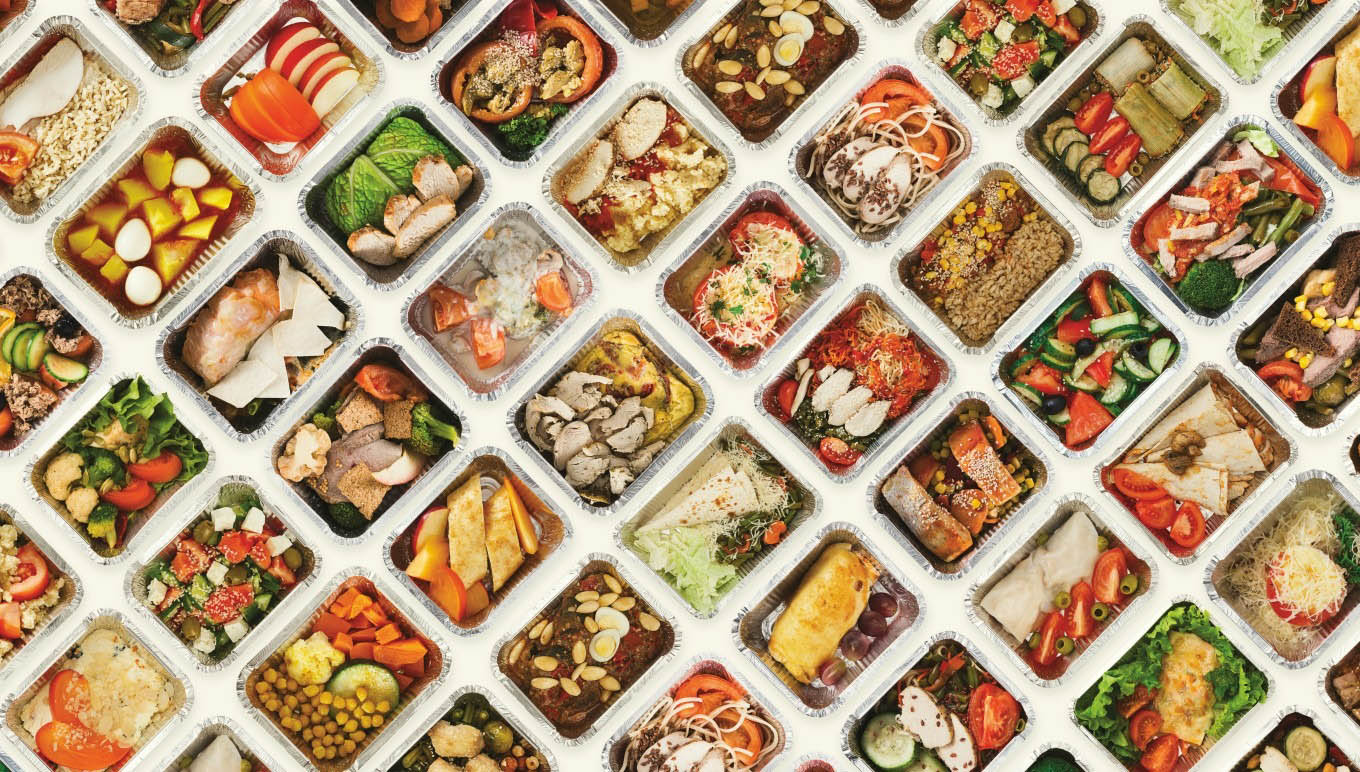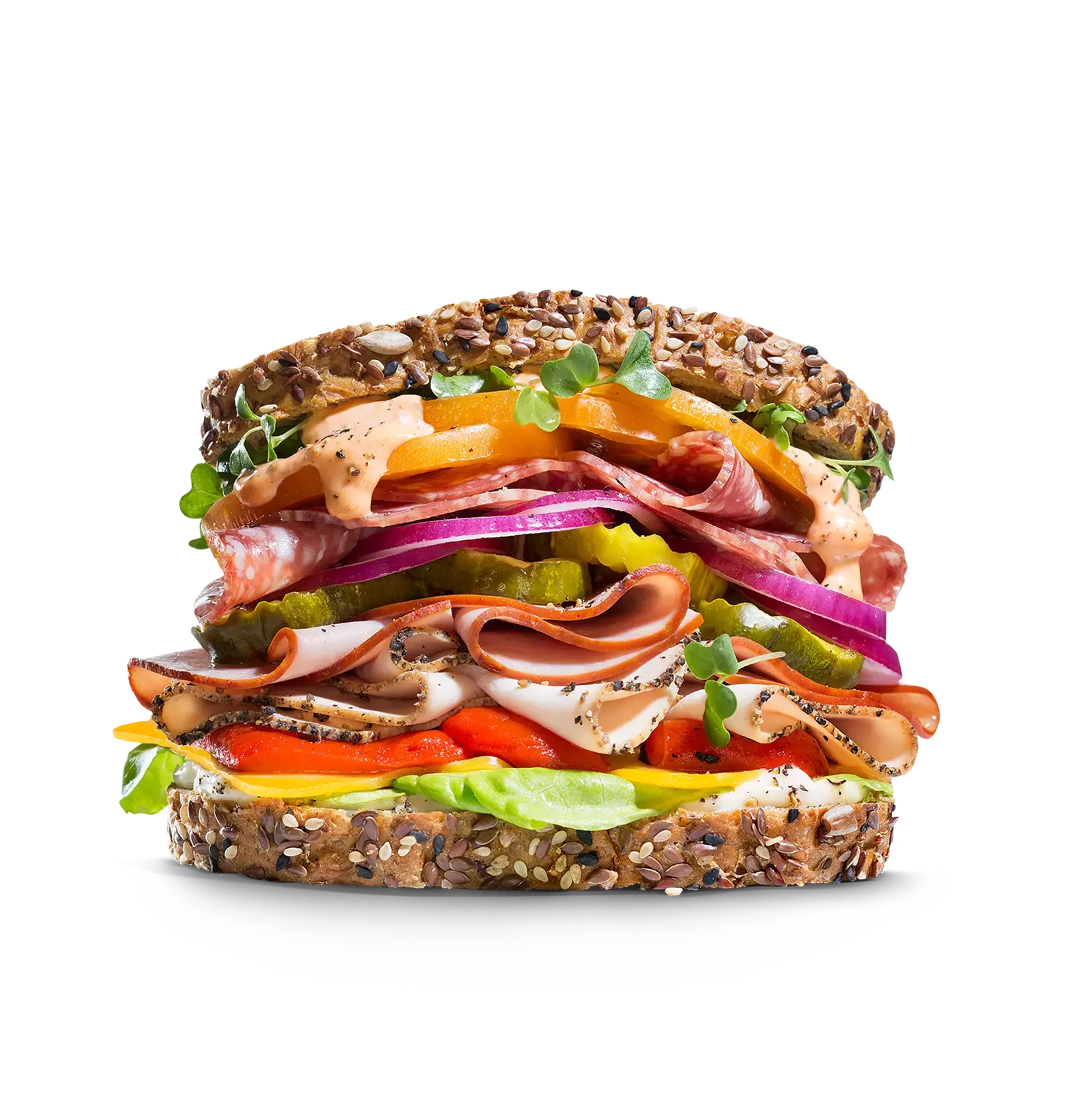7 Ingredients to Scale Your Food and Beverage Brand
7 Ingredients to Scale Your Food and Beverage Brand
7 Ingredients to Scale Your Food and Beverage Brand
26 Jul 2023
 Aptean Staff Writer
Aptean Staff Writer 
You don’t have to be the “Number One” company in your category to be successful. In fact, there’s a lot to be said for being the “Number Two.” Pepsi has made a global brand out of it. But to challenge market leaders, you need a strong growth strategy.
Many food and beverage companies have great product ideas but struggle to scale their business model. To help make sure that doesn’t happen to you, Aptean has released a Challenger Brand Recipe Book for fast-growing food and beverage companies.
We’ve identified seven key ingredients that the most successful challenger brands have in common. You can include some of these in your recipe for expansion:
1. A Great Product Development Process
Fast-growing food brands are skilled at developing creative ideas. Just look at how Huel disrupted the meal replacement market by turning shakes from a weight loss tool into a health choice.
Great products drive growth. But many innovations never make it to the shelf edge—or the thing that makes them special gets lost along the way.
A strong product development process helps turn a creative idea into a commercial product. And this process starts by giving your product innovation team a clear brief and the tools to collaborate. While they need to think freely, they also need structured processes to ensure your next project meets customer and compliance requirements.
2. A Robust Supplier Network
A great idea is nothing without good ingredients. Fast-growing brands need to source materials at competitive prices—but not at the cost of quality.
Many companies use their supplier choices and ethics to build their brand DNA. For example, Tony’s Chocolonely made over $55 million in revenue last year from its slave-free chocolate products.
The key to rapid growth is building a robust supplier network, so you’re not putting all your proverbial eggs in one basket. Create a group of trusted suppliers that you can use flexibly to enhance your supply chain resilience.
3. Lean Food Production
Scaling your business is a balancing act. On the one hand, you need to invest in faster, smoother processes to meet rising demand. On the other, you don’t yet have big budgets to fund new resources.
The smartest way to accelerate growth is through strategic technology investment. Look at which areas cause the biggest bottlenecks and use technology to make improvements.
Focusing on automation will allow you to increase production without needing to significantly expand your workforce. It’s more cost-effective and you can also digitise current processes to make your existing workforce more productive.
4. Scalability
Many food and beverage companies understand the value of automation but make the mistake of investing in software that doesn’t scale easily.
When you’re planning for growth, think about the technology stack you’re creating. For example, it’s easier to scale with cloud-based software than on-premises solutions. And when it comes to integration, APIs are your friend.
5. Rigorous Quality Control
Quality and consistency aren’t the most exciting subjects but they’re the pillars of a good brand reputation. We’ve all been put off a product because it doesn’t taste right.
Quality control can’t be an afterthought. The most successful scale-up brands weave compliance through their production process like a golden thread.
Prioritising quality control can also help you to make better operational decisions. For example, many brands find switching from a first in, first out (FIFO) to a first expire, first out (FEFO) model for perishable ingredients enhances product quality while minimising waste.
6. The Ability To Localise
The aim for many fast-growing brands is to reach saturation point in your home market. But what happens after that? There are opportunities to expand regionally and internationally but you can’t just ‘lift and shift’ your existing products and operations.
There’s so much to consider when you’re launching in new territories. For example:
Are your products compliant with local legislation in their current formula?
Do they appeal to consumers in the regions you’re targeting?
How will packaging or labelling need to adapt for local markets?
Can your distribution network cope with new logistics demands?
You may also need to widen your supplier networks or establish new production facilities (either independently or through a contract manufacturing facility). That’s exactly what Dash Water did when it expanded from Europe into Australia. Rather than clocking up millions of export air miles, it decided to ‘go native’ and locally source ingredients and aluminum cans for domestic production.
7. Ongoing Innovation
If your business is growing, you’re getting something right. But there’s no time for complacency in the fickle food and beverage industry.
The next great product innovation is just moments away: it needs to come from your company, not your competitor. Imagine if Ella’s Kitchen had stopped innovating when it launched its fruit and meal pouches. It probably wouldn’t have recorded double digit growth nearly every year since 2006—including an 18% increase in revenue in 2022.
However big you grow, never lose that scale-up mentality. Commit to continuous innovation to get newer and better products to market as often as feasibly possible.
Turn Great Ingredients Into a Scale-Up Strategy
Many food and beverage brands know what they should be doing to scale up but don’t have the right tools to execute on their goals.
If you’d like to know how to:
Get great ideas into production quickly
Increase your supplier network without spending more time managing vendors
Grow quickly without compromising on quality
Scale production without doubling your staffing budget
Adapt your products and packaging for new markets
Add new technologies without creating complex technical demands
Keep coming up with fresh ideas that challenge the status quo
Then download The Challenger Brand Recipe Book: 7 Ingredients to Accelerate the Growth of Your Food & Beverage Company. It’s packed with tactical guidance for scaling your business. Plus, there’s a helpful recipe checklist to support rapid, efficient expansion.
Finally, if you prefer to discuss your solution needs with one of our food ERP experts, reach out to us today and we can help answer your questions and determine what’s right for your food and beverage company.
Get in Touch Today to Speak With an Expert in Your Industry
To grow your business, you need a food ERP built specifically for your industry challenges. We're ready to help—reach out today and we'll help you find the right solution.



